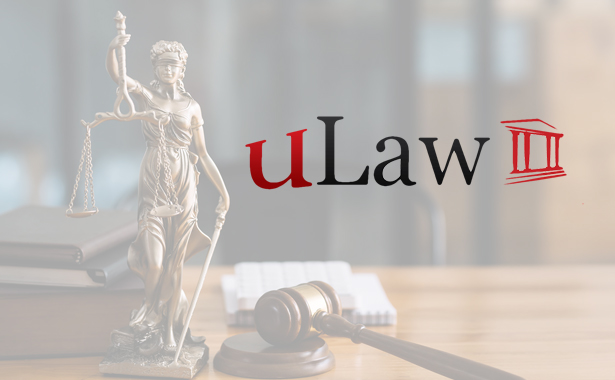Invasion of Privacy
Invasion of privacy refers to the violation of an individual’s personal space or the unauthorized access to their private information. This concept is associated with the right to privacy, which is a fundamental human right recognized in many legal systems worldwide. The definition and boundaries of invasion of privacy can vary depending on cultural, legal, and ethical perspectives.
Some common examples of invasion of privacy include:
– Unlawful Surveillance: Secretly recording or monitoring someone without their consent is a clear violation of their privacy and can be done through devices like hidden cameras or wiretapping.
– Unauthorized Access to Personal Information: Obtaining and using someone’s private information without permission is a serious invasion of privacy and can be done through hacking, identity theft, or other means.
– Public Disclosure of Private Facts: Revealing personal information about an individual without their consent, especially if it is not of public concern, may be considered an invasion of privacy.
– Intrusion into Seclusion: Physically intruding into someone’s private space or personal affairs without permission is one of them, known as intrusion into seclusion.
– False Light: Presenting someone falsely or misleadingly in a way that could be harmful to their reputation.
In response to such violations, legal systems have developed specific laws or legal doctrines that enable individuals to sue for damages. However, the degree of protection and the specific laws can vary widely between jurisdictions.
In the digital age, concerns about invasion of privacy have grown due to the increased collection and sharing of personal information online. Online tracking, data breaches, and the use of personal data by tech companies have sparked discussions about the balance between privacy rights and technological advancements.



